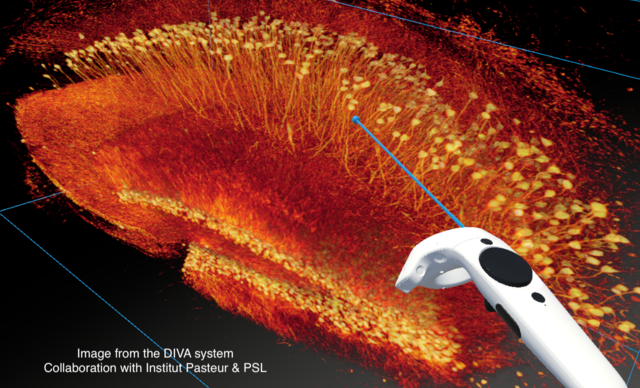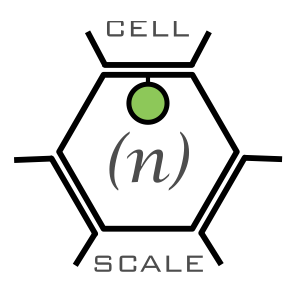Tech Transfer

The scientific domains, research themes and environment of Cell(n)Scale promise an unusual potential for innovation and technology transfer, both in the development of novel technologies and in the discovery of novel biomarkers and therapeutics. Notably, life and medical science technologies that utilize a combination of physical, chemical and biological tools and concepts are at the origin of a multitude of start-ups worldwide. For instance, visualization techniques are developing with an astonishing speed, including super-resolution fluorescence or electron imaging of specific cell constituents, in addition to biomedical imaging. Technologies, most notably microfabrication-based, that enable the probing of either single-cell dynamics or cell interactions is another very active field where truly interdisciplinary collaboration between physicists, chemists and biologists has had exceptional impact.
Cell(n)Scale works closely with the experts in the Institut Curie Technology Transfer and Industrial Partnerships Office to support researchers in technology transfer and entrepreneurship initiatives. Since its launch in 2012, teams within Cell(n)Scale (CelTisPhyBio) have:
A tech transfer success story
In September 2018, Franck Perez (Dynamics of Intracellular Organization, UMR144) founded Honing Biosciences, a bio-therapeutics company that develops “tunable” cell-based therapies for cancer and other chronic diseases. Their proprietary CellTune technology enables the precise control of cell functions, such as the dynamic distribution of proteins or the secretion of enzymes, cytokines or antibodies, following delivery into the patient. This increases the efficacy while limiting the harmful side-effect of these treatments. In collaboration with Sebastien Amigorena (Immune Responses to Cancer, U932), they are currently focused on using this technology in the context of CAR-T (Chimeric Antigen Receptor T cells) and checkpoint inhibitor therapies. Specifically, they are generating CAR-T with a “switchable” CAR, enabling the surface expression of the CAR to be turned off thus reducing toxicity while increasing efficiency. Additionally, they are developing a system in which “nanobodies” (small antibodies) are delivered intracellularly to trap specific molecules, such as checkpoint inhibitors, in intracellular compartments thus inhibiting their function.
Click here for more information.
LabEx Tech transfer & Science Coordinator: Shauna Katz
Institut Curie Business Development Contact - Biology, biochemistry, chemistry: Bernardin Akagah


